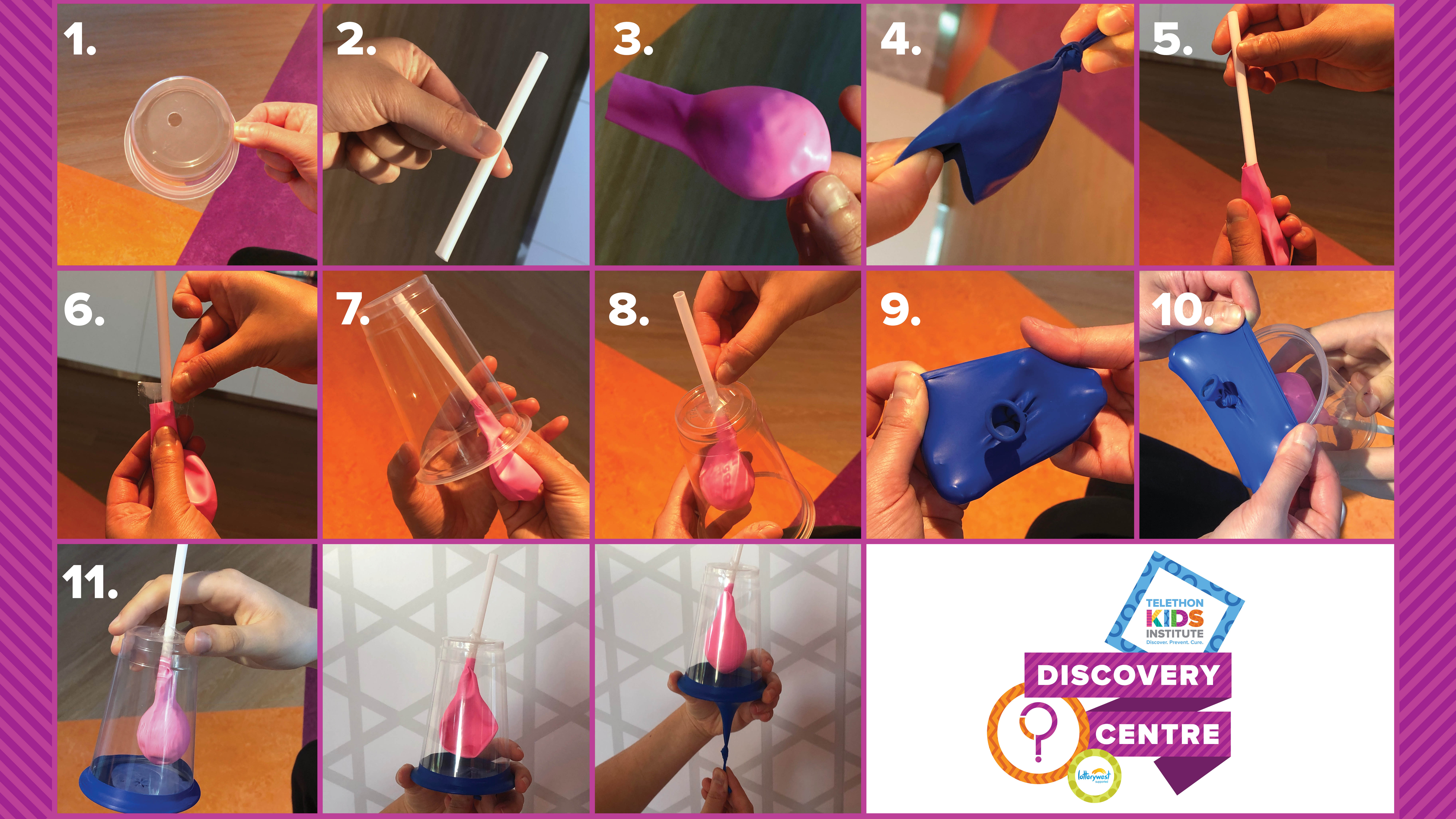Search
Showing results for "8"

Congratulations goes to Celestine Aho, the inaugural winner of the $30,000 Deborah Lehmann Research Award.

Thank you to everyone who visited The Kids Research Institute Australia's Open Day on October 8. We welcomed more than 700 guests to the Institute to discover our research.
A project from the Raine Study shows testosterone levels in the womb have little impact on later childhood behavior.
Regression, including the loss of previously learned skills, such as hand function and communication skills, is one of the most suggestive features of Rett synd

Enhancing psychological wellbeing in families from pregnancy to infancy

Perth Children’s Hospital’s Diabetes Service has released the dates for its self-efficacy groups for 2020.

Meet Beau Jones. Beau is nine-years-old and lives in Eaton where he likes playing basketball and hanging out with his brothers. He’s also passionate about standing up to cancer!

Ten-year-old Isabelle decided to make and sell loom band bracelets to raise money for The Kids Research Institute Australia.

Have you ever wondered how your lungs work? Researchers from our Children’s Lung Health Team show you how to make a simple lung model by using common household items.

Ten researchers from different areas took to the stage with a carefully crafted presentation and three-minute pitch, in efforts to spark the interest of 80 guests
